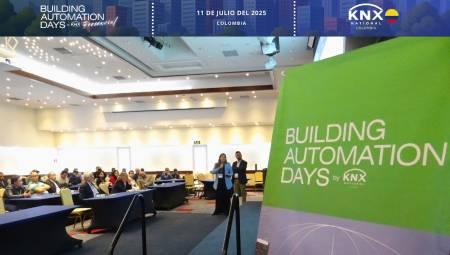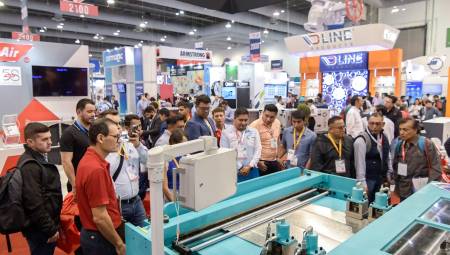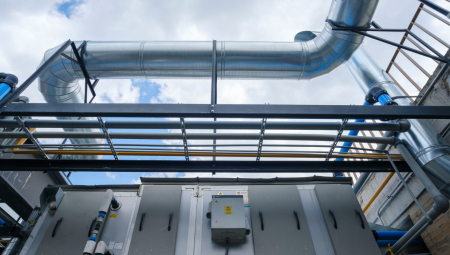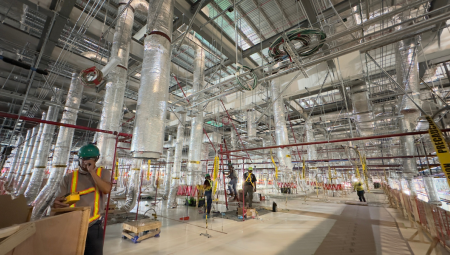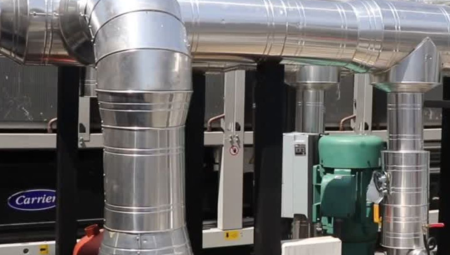 International. Limiting global warming to 1.5°C would require far-reaching and unprecedented changes in all aspects of society, the Intergovernmental Panel on Climate Change (IPCC) said in a new assessment.
International. Limiting global warming to 1.5°C would require far-reaching and unprecedented changes in all aspects of society, the Intergovernmental Panel on Climate Change (IPCC) said in a new assessment.
Limiting global warming to 1.5°C instead of 2°C would have clear benefits for people and natural ecosystems and could be accompanied by the entrenchment of a more sustainable and equitable society, the IPCC said on Monday.
The IPCC approved the Special Report on Global Warming of 1.5°C on October 7 in Incheon,Republic of Korea. This report will be a key scientific contribution to the Climate Change Conference to be held in December in Katowice, Poland, where governments will review the Paris Agreement to address climate change.
"With more than 6,000 references cited and the selfless contribution of thousands of expert and governmental examiners around the world, this important report testifies to the breadth and normative relevance of the IPCC," said Hoesung Lee, Chair of the IPCC.
Ninety-one authors and editors-reviewers from 40 countries have prepared the IPCC report in response to an invitation made by the United Nations Framework Convention on Climate Change (UNFCCC) when it adopted the Paris Agreement in 2015.
The full name of the report is Global Warming of 1.5 °C, IPCC Special Report on the Impacts of Global Warming of 1.5 °C with respect to pre-industrial levels and corresponding trajectories that should follow global greenhouse gas emissions, in the context of strengthening the global response to the threat of climate change, sustainable development and efforts to eradicate poverty.
"One of the key messages delivered forcefully by the report is that we are already living through the consequences of global warming of 1°C, with more extreme weather conditions, rising sea levels and dwindling sea ice in the Arctic, among other changes," Panmao Zhai said. Co-Chair of IPCC Working Group I.
The report highlights a number of climate change impacts that could be avoided by limiting global warming to 1.5°C instead of 2°C, or more. For example, in 2100 global sea level rise would be 10 cm lower with global warming of 1.5 °C compared to one of 2 °C. The probability of the Arctic Ocean becoming ice-free in summer would be once a century with global warming of 1.5 °C, compared to a minimum of once per decade with one of 2 °C. Coral reefs would decrease by between 70% and 90% with a global warming of 1.5 °C, while practically all of them (> 99%) would disappear with one of 2 °C.
"Every extra portion of warming matters, especially as warming of 1.5°C or more increases the risk associated with lasting or irreversible changes, such as the loss of some ecosystems," said Hans-Otto Pörtner, Co-Chair of IPCC Working Group II.
Limiting global warming would also give people and ecosystems more room to adapt and stay below relevant risk thresholds, Pörtner added. The report also examines the trajectories available to limit warming to 1.5°C, what would be needed to follow them, and what the consequences might be.
"The good news is that some kinds of measures that would be needed to limit global warming to 1.5°C are already being carried out around the world, but they would need to be accelerated," said Valerie Masson-Delmotte, Co-Chair of Working Group I.
The report notes that limiting global warming to 1.5°C would require "rapid and far-reaching" transitions in land, energy, industry, buildings, transport and cities. Global net emissions of man-made carbon dioxide (CO2) would need to decrease by about 45% from 2010 levels by 2030, and continue to decline until reaching "net zero" by about 2050. That means any remaining emissions would need to be offset by removing CO2 from the atmosphere.
"Limiting global warming to 1.5°C instead of 2°C would reduce problematic impacts on ecosystems, human health and well-being, and facilitate the achievement of the United Nations Sustainable Development Goals," said Priyardarshi Shukla, Co-Chair of IPCC Working Group III.
Source: IPCC.



